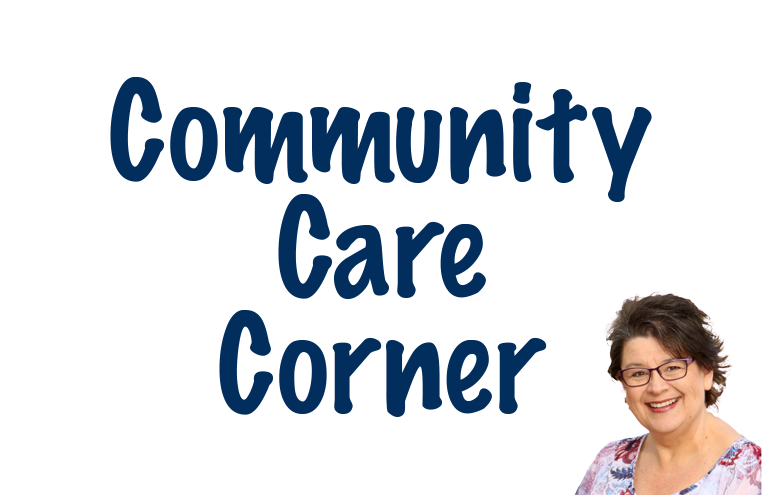In my column launching with the topic of dementia, I provided a broad introduction. Now, over the next few columns, I will focus on highlighting specific challenges through the lens of living with dementia.
Until my personal health took a downturn, l had never established consistent wake-up or bedtime routines for myself, nor was l consistent with any for my children. At the end of the day, I could fall asleep anywhere, easily. Put me in front of a movie, and you could start a stopwatch-chances are, I’d be asleep before the plot thickened, no matter the time of day. Waking up, however, was the opposite. It was a challenge. I preferred to sleep until the last possible minute, knowing down to the second how long I could get away with staying in bed.
Through my interactions with various healthcare teams, I finally heeded their advice: start by creating a bedtime routine. For me, that meant beginning an hour earlier than necessary with a self-care hygiene routine, limiting lighting, adjusting the temperature, and curling up in bed to read or color. Sometimes, I would read to my kids or chat with them as we snuggled before sleep. Naturally, this shift led to an earlier wake-up. Often, I found myself rising before my alarm, and even when it did go off, I hit snooze less.
I used to hate mornings. You always hear people say they’re either a night owl or a morning person— I was neither. That changed once l established a routine. Now, when I stick to my routine, I’m easily a morning person, starting my day with coffee and finding my most productive hours before 2 p.m.
Recently, after reading about circadian rhythms, l was intrigued by how much my health improved simply through better sleep habits. Sleep-and its quality-plays a vital role in cognitive health for both caregivers and those living with dementia. Whether we like it or not, we all need a routine for optimal health.
Poor sleep doesn’t just leave us tired-it disrupts reasoning, focus, connection and behavior. At times, I found that even a short 15-30-minute nap helped my body relax and refreshed my mind, clearing away previous stressors
Naps aren’t just beneficial for those experiencing dementia; they are just as Important for their support team. Don’t use all of these breaks for busy work – take some naps for yourself to reset.
Many have heard the phrase “sundowning.” This term describes the noticeable changes in cognitive and emotional behavior when the sun goes down. It’s not a symptom of dementia but rather a natural reaction embedded in our circadian rhythm. Any of us can experience this to some degree, but with sharp mental alertness, we quickly adapt. However, for those whose cognitive energy is already stretched thin, adapting isn’t as easy
That’s why some individuals “sundown’ while others don’t. Those who struggle to adjust to the fading light and temperature shifts need support-not to take away their independence, but to foster interdependence. In my own journey, I found closing the window coverings about half an hour before sunset, turning on all lights in my immediate area, and then gradually dimming them half an hour before my bedtime routine made transitions much smoother-both cognitively and emotionally. Some evenings, I could be encouraged to watch the sunset, which, of course, triggered endorphins and enhanced my sense of calm.
For more tips or deeper discussion regarding rest and sleep, don’t hesitate to email me at k.taylor@augustservicesllc.com with the subject line: Community Care Corner – Sleep.
As always, consult your medical team for their input. Many underlying medical conditions can interfere with sleep, and it’s important to address them.




